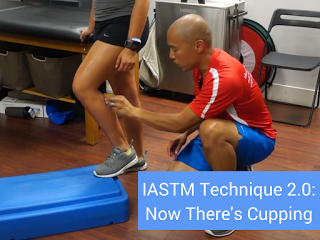This edition of Thursday Thoughts is something I have wrote about before, It's a question I see often asked on social media PT circles.
Traditionally, much of our entry level, and indeed continuing education is focused on evaluation. This is a good thing that separates our profession from others who would perform a la carte based services. However, too much emphasis is often placed on diagnoses, which includes both ruling out and ruling in.
Ruling out is a good thing, you still want to screen for red flags, even if a recent systematic review found most of our traditional ones are not significant.
Ruling in is where I find most clinicians get stuck in analysis paralysis. If finding out whether or not someone has an internal shoulder vs external shoulder impingement, rotator cuff tendinitis, or subacromial bursitis affects your treatment and patient education, and you can come to that conclusion efficiently, then stop reading and continue treating. If you do provocation tests, manual muscle testing of each muscle around the patient's complained area, and in general spend 20 minutes on minutiae only to use the same old IASTM, joint mobs, and patient education/exercises, then why did you want the diagnosis in the first place? That diagnosis, especially if using negative terminology like "rotated sacrum," "out of place," "herniated disc," can lead to nocebo, and adversely affect your outcomes.
The diagnosis should be de-emphasized, and your clinical decision making should be based on what you can do for them, and how you can educate them, versus finding out "what is wrong" in terms of pathoanatomy.
I give my patients this choice: "Would you rather....
- have simple self assessment and treatment homework that addresses your condition or....
- have an educated guess on your diagnosis that involves a lot of extra testing that may or not be relevant?
Keeping it Eclectic...












Post a Comment
Post a Comment